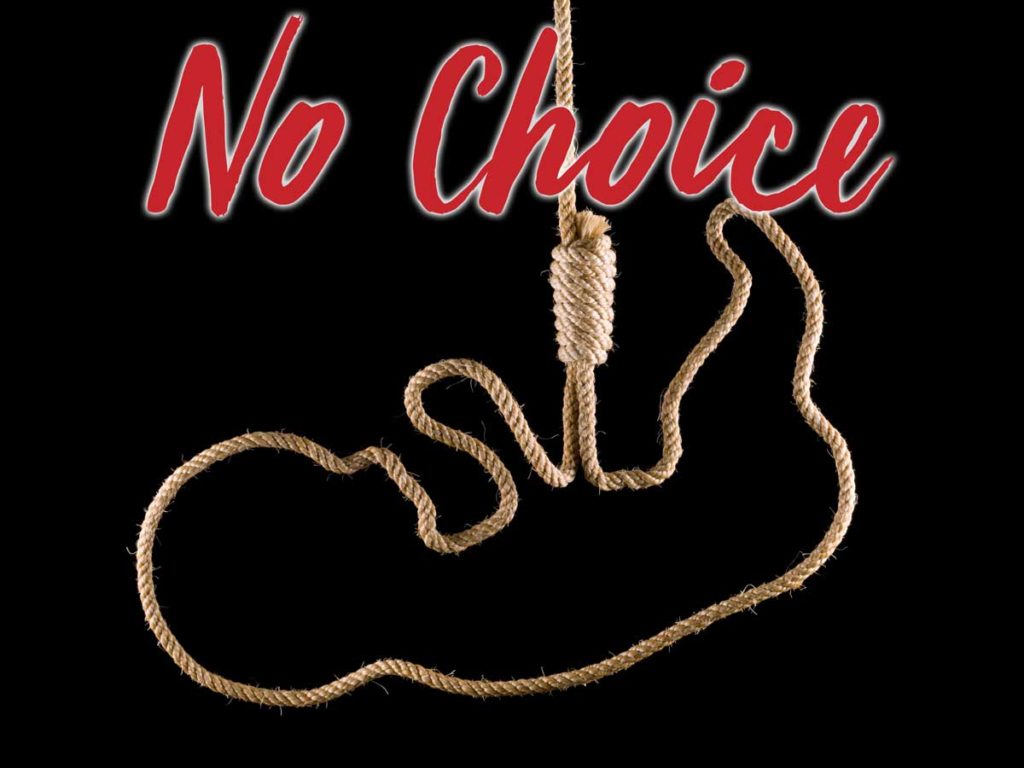The term “pro-choice” is a sticking point for pro-life Christians. Why? Because abortion advocates refer to themselves as “pro-choice” when they are clearly “pro-abortion.”
Hooking together the two positive, uplifting words “pro” and “choice” makes ending a human life sound hopeful, even inspirational. Using the “pro-choice” term in conversation, education, and news stories gives “pro choice” proponents a huge advantage. Reality is, the unborn child is not given a “choice” between living or dying.” Only dying.
Just 17 out of 50 U.S. states mandate that individual mothers be given counseling before an abortion, and those that do focus on (a) the possible link between abortion and breast cancer: 5 states, (b) whether the fetus will feel pain: 12 states, and (c) longterm mental health issues: 8 states. None of these either mention advice or provide resources for getting help to continue with the pregnancy.
In Ohio, abortion is referred to as Health Care. All abortions must be provided by a licensed physician and, if at viability (determined by the the State to be 20 weeks) a second doctor must also be present. In addition to surgical abortion, Ohio also provides the abortion pill. Public funding of abortion in Ohio is limited to life endangerment, rape and incest. The average cost of an abortion in Ohio ranges from $650 to $1,400 based on weeks of gestation, and in almost all cases, private insurance coverage can be used.
Have you noticed that pro-abortion proponents don’t use the term baby? Rather, this tiny living creation of God, this brand new soul made in His image, is called by the Latin name for unborn child: fetus. This removes, yet again, any reference to killing babies.
If the pro-choice/pro-abortion argument interests you, and if you seek a dialogue guide for “how to discuss abortion without invoking religion,” we recommend an article of the same name written by Robert Burke and available here.
If you would like to share your thoughts on this topic, we invite you to comment on our Facebook page.


![We make a living by what we get, but we make a life by what we give. [quote attributed to Winston Churchill]](https://www.stewardshipworks.org/blog/wp-content/uploads/2023/02/ChurchillQuote-1024x713.png)